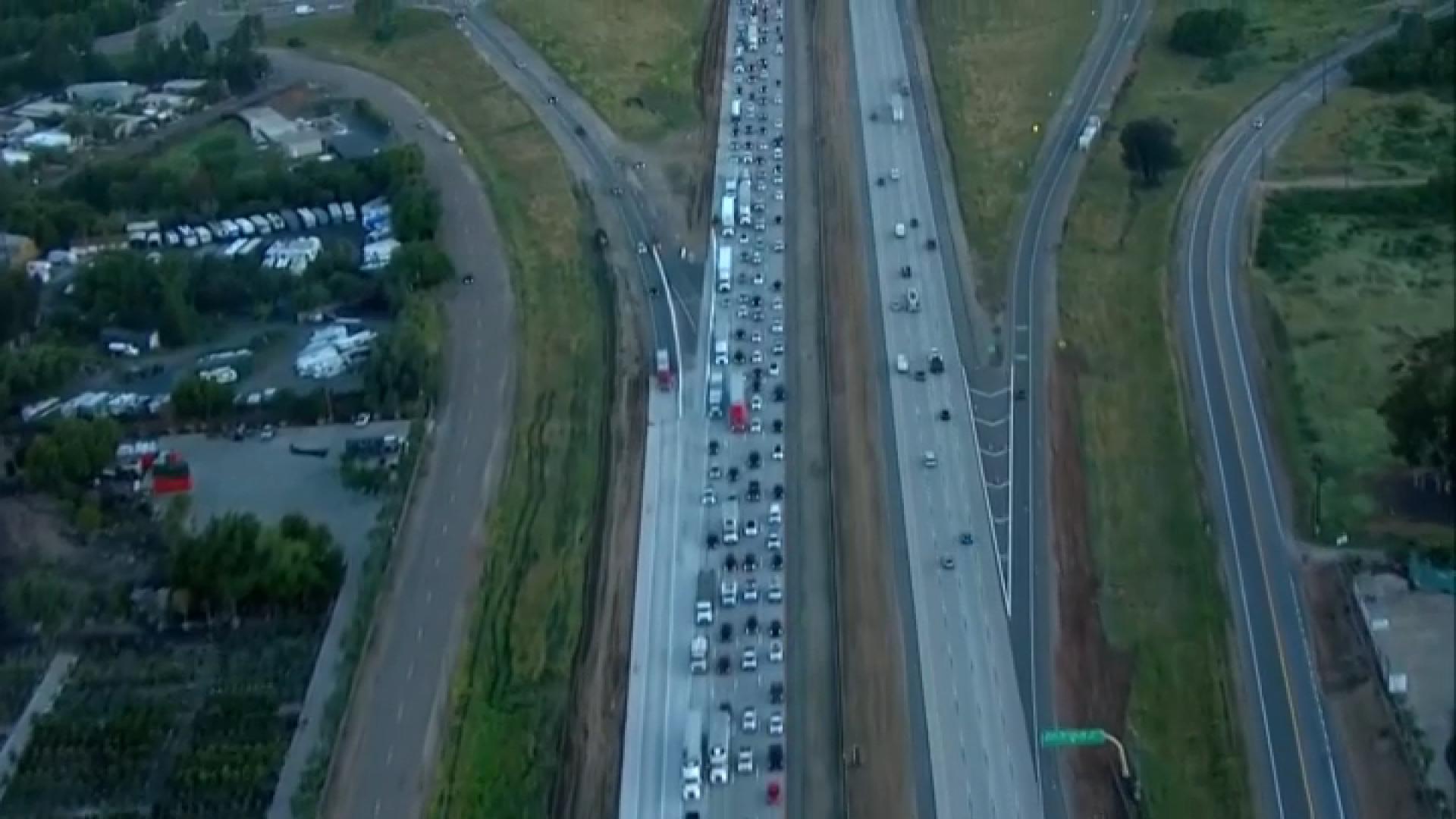As Supreme Court justices listen to arguments on police cellphone searches, they’ll be considering the arrest and conviction of a San Diego man five years ago.
In August 2009, police found evidence of gang membership when they opened David Leon Riley’s Samsung smartphone. They had stopped him for expired license plates and found handguns in the vehicle.
Officers twice checked the contents of Riley’s cell phone, neither time with a warrant in hand according to his attorneys.
Prosecutors used video and photographs and phone records to convict Riley of attempted murder. The images of Riley’s gang connections found on the phone upped his sentence from seven years in prison to 15.
California courts rejected Riley's efforts to throw out the evidence and upheld the convictions.
Now, the Supreme Court justices will consider the use of cell phones by police. Are they a criminal’s tool or should they be considered the virtual homes of Americans?
The Obama administration and California, defending the searches, say cellphones are no different from anything else a person may be carrying when arrested. Police may search those items without a warrant under a line of high court cases reaching back 40 years.
Local
"Cellphones and other portable electronic devices are, in effect, our new homes," the American Civil Liberties Union said in a court filing that urged the court to apply the same tough standards to cellphone searches that judges have historically applied to police intrusions into a home.
More than 90 percent of Americans own at least one cellphone, the Pew Research Center says, and the majority of those are smartphones -- essentially increasingly powerful computers that are also telephones.
On the other side of the California case, Stanford law professor Jeffrey Fisher, representing Riley, cited FBI statistics showing 12 million people were arrested in 2012. In California and elsewhere, he said, those arrests can be for such minor crimes as "jaywalking, littering or riding a bicycle the wrong direction on a residential street."
It shouldn't be the case, Fisher said, that each time police make such an arrest, they can rummage through the cellphone without first getting a judge to agree to issue a warrant.
Under the Constitution's Fourth Amendment, police generally need a warrant before they can conduct a search. The warrant itself must be based on "probable cause," evidence that a crime has been committed.
But in the early 1970s, the Supreme Court carved out exceptions for officers dealing with people they have arrested. The court was trying to set clear rules that allowed police to look for concealed weapons and prevent the destruction of evidence. Briefcases, wallets, purses and crumpled cigarette packs all are fair game if they are being carried by a suspect or within the person's immediate control.



